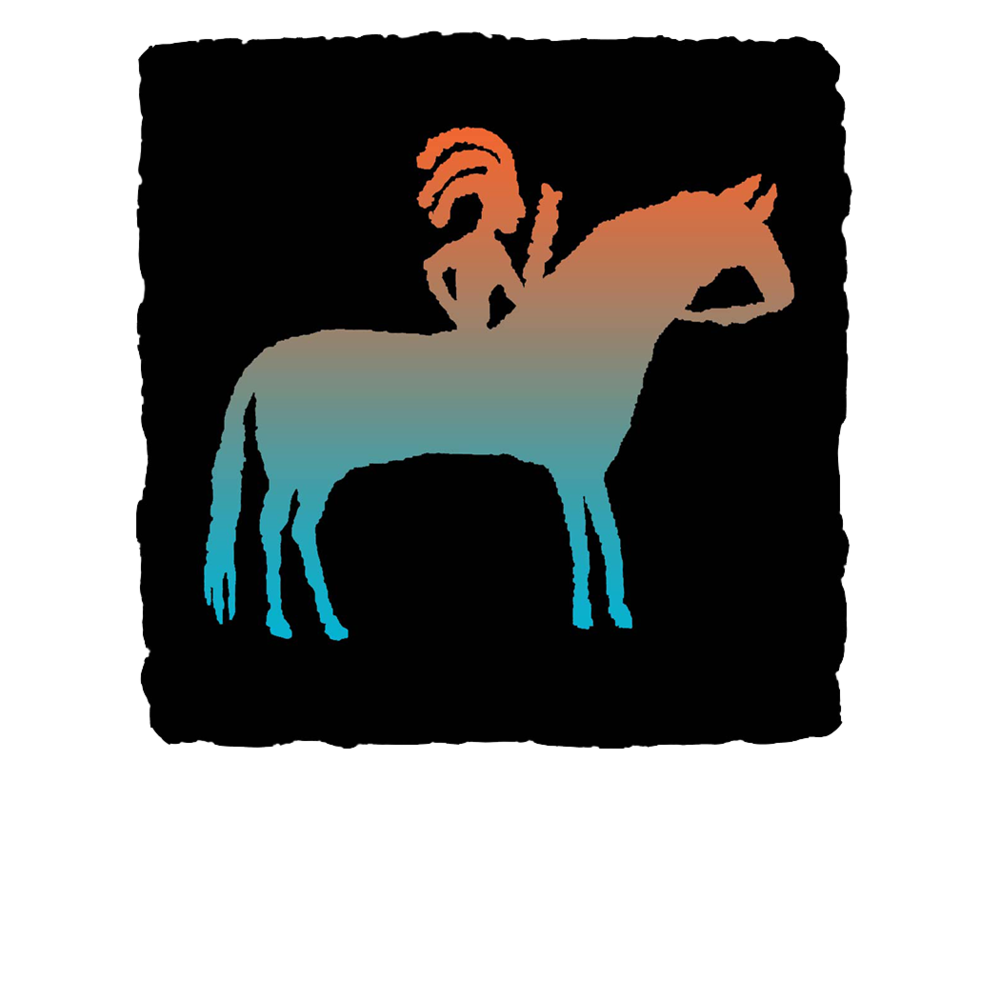Indigenuity in the air we breath may seem far-fetched, but for indigenous Peoples around the world the air, the wind, our languages, and the breath of life itself are often literally and figuratively the carriers of information, knowledge and wisdom on which our lives depend.
As we think about where, how, why we live in a particular manner today, the air we breathe is often the most taken for granted feature of our existence. However, we know that if we find the air we breathe is harmful, we tend to take such existential threats very seriously. In the face of the airborne Covid-19 virus, humankind has been awakened once again to the importance of the air we breathe. Similarly, global climate change has forced many of us to recognize the deadly cost of continuing to dump CO2 into the atmosphere.
Air - we cannot live without it. This second program on Indigenuity will examine how Indigenous design and systems thinking can help us address the anthropogenic problems of air quality and global climate change. As we think of moving to zero-carbon energy systems new appreciation of thinking about micro-climates and how housing and building design features mindful of air circulation and quality issues can contribute to improved energy efficiencies. Wind power generation from micro to macro systems hold great promise.
There is indeed “something in the air”. In this second program in the Indigenuity series join Dr. Wildcat in exploring how a mindfulness to the air can inform our decision about zoning and land-use planning, wind energy and a host of design solutions and innovations that confirm the efficacy of activities of Indigenuity. Just as our hunting and gathering ancestors knew the importance of the wind in their activities, we have an opportunity with a mindfulness to air we breathe to confirm as the famous balladeer wrote, “The answer is blowing in the wind.”
If you’re interested in reading more or exercising your knowledge after the program check out the resources below!
Dr. Daniel Wildcat is a professor at Haskell Indian Nations University in Lawrence, Kansas, and an accomplished scholar who writes on Indigenous knowledge, technology, environment, and education. He is also director of the Haskell Environmental Research Studies Center, which he founded with colleagues from the Center for Hazardous Substance Research at Kansas State University.
Indigenuity is the application of deep-spatial wisdom held by Indigenous Peoples, e.g., American Indians and Alaska Natives, to solve practical problems we face today. Indigenuity is the result of a People’s long intergenerational transmissions of experiential knowledge over millennia resulting from their attentiveness to the inextricable symbiotic nexus of human cultures and the ecosystems/environments that gave tribal Peoples their culture and identity. As such Indigenuity is a co-creation of humans and plants, animals, and other natural features of the world.

